Kids these days often dream of becoming professionals in fields that didn’t exist just a few years ago, like vlogging, Instagram modeling, or eSports. They see lots of people finding success in these roles, and dream of all the glamour that comes with them — lots of praise, inboxes and social media filled with admiration, and constant requests for selfies.
But everyone who dreams of this lifestyle runs into the same issue. How do they get from where they are to where they want to be? This is especially true for passionate gamers who want to get involved in eSports. I see more and more comments under videos and blog posts where people are asking how they can get into professional leagues.
If you’re dreaming about pro tournaments and world fame, there are some practical steps you can take to achieve your goals. And in this article, I’ll outline what you can do to come closer to making this dream a reality. Because CS:GO is my wheelhouse, all the advice below will be pointed towards becoming a professional CS:GO player. But these tips can be applied to other eSports-centric games that have professional leagues, as well.
Tip 1: Start Early
This is a simple and rather obvious piece of advice. If you want to get pro-level good at a game, you have to start playing it early on so you have plenty of time to learn and move up through amateur and mid-level leagues.
Most of the people who ask me about a pro gaming career range from 13 to 16 years old, which is a great thing for two reasons. First of all, they’ll have a lot of time to practice and polish their skills, so eventually they can break the Internet (and the enemy) with their impressive rush matches by age 18-19. Secondly, it’s nice to see that today’s teenagers are taking a more practical approach toward choosing and chasing their dream careers.
Though you can start later on and find some success, considering a gaming career and initially pursuing that is ideally done around the age of 13.
Tip 2: Dedicate a Lot of Play Time
If you want to git gud, you have to practice — that means you’ll need to spend a LOT of time playing. Though playing your favorite game may sound like a dream come true, young players rarely understand the pitfalls of pursuing a pro career.
Let’s look at an example — a day in the life of Hùng Phạm, an eSports blogger and startup enthusiast. When he was playing CS:GO at the professional level, he would start playing with friends around 3 PM, played a few DM sessions, then a few games with random teams afterwards. According to the blogger, tournaments would usually start around 8 PM, and sometimes lasted until 1 AM that morning. This kind of schedule can be quite rough when you still have real life going on and need to be at school, college, or even work around 9 AM the next day.
So before you enthusiastically dive into the world of training and chasing your pro-gamer dreams, make sure you’ll be able to withstand the demanding schedule without damaging other areas of your life — or at least without doing so irreparably.
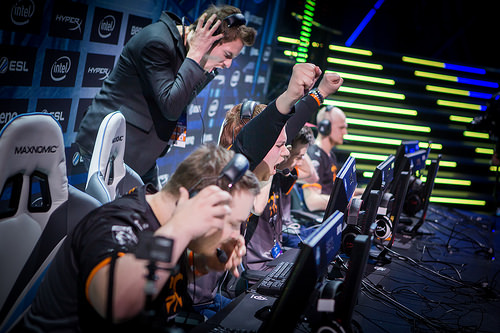
Tip 3: Have Talent (And Luck)
Talent isn’t something you can decide whether or not to have. Either you’re good at delivering headshots with 100 FPS, or you’re not. Practice can take you a long way, but having that natural gift for the game you’re playing is important (though you’ll still need a lot of practice to hone your skills).
There are some pro players who don’t put in as many hours, but earn more achievements than players who practice all day every day. So you need to find out if you have the natural skills suited to CS:GO or any other game before you dive headlong into trying to make it as a pro.
But in addition to natural talent, you’ll also need a bit of luck. Truly succeeding at something requires not only talent and consistent work, but also a few lucky breaks. In CS:GO (or any other eSport, really) you need to get lucky enough to play with the right people, find the right team, hit the right keys at critical moments, and have the right connections in the gaming world to make your own way on the eSports circuit.
Tip 4: Make Sure Your Life is In Order
We’ve talked about consistent practice, passion for your game of choice, and natural talent. Now let’s have a more down-to-earth conversation. Before you decide to invest a chunk of your life into gaming, you need to at least have a basic understanding of the state of eSports in your country — or even in your local region.
The eSports scene is not the same from region to region. In some areas, it’s a booming industry where players can reach near-celebrity status. In other areas, it’s still an up-and-coming scene that’s trying to find its place.
If you’re in an area (specifically NA and EU) where CS:GO players are celebrated like rock stars and earn five or six-digit wages, you’ll have a much better chance at becoming a part of the professional circuit and making a living. However, if you are from a country where eSports are just starting to develop, it’s better to reconsider your choice or wait a couple of years.
Of course, eSports trends are shifting rapidly — so keep an eye on how things progress and see if you find any opportunities to put yourself on the forefront of a burgeoning competitive scene.
All in all, you should always consider your personal circumstances and the state of the world around you before dedicating yourself to an eSports career path. You should make sure that you have other things to fall back on in case your dream doesn’t pan out.
You can make a fair amount of money in the eSports circuit, but you need to ask yourself: “Will I be able to earn a living if I never make it to the pro league?” If you can’t support yourself on eSports alone, you’ll need to find a way to balance it with a different job.
It sounds rather gloomy, but it will help you avoid the sort of turmoil that other players have found themselves in while pursuing their competitive careers. Professional CS:GO player Tomáš ‘oskar’ Šťastný found himself in some tough times before he made it to a Major. He sank all the money he had into a powerful computer that would let him play the game at the best level possible, then encountered a number of obstacles in smaller tournaments and on other teams before he finally found his way into the higher levels of the pro circuit and made a name for himself.
Tip 5: Learn Good Communication
CS:GO and other eSports are team games — which means your overall performance relies heavily on the communication skills of everyone involved. So you need to have reliable and amiable communication skills if you want to work well enough with a team that you might have a shot at pro play.
If you go into rage fits every time a teammate makes a mistake, or mock someone for failing, you’re probably good enough to be an internet meme, but not good enough to be a pro CS:GO player.
Years of playing and watching competitive CS:GO have shown me that the worst thing you can do in a game like that is feel entitled — even if your skill level is markedly higher than that of your teammates. Poor communication will irritate even the calmest of players straight away, which won’t make your experience any better and won’t help you improve as a player.
So if you want to pursue a professional eSports career, you have to hone your communication skills so that you can make good, clear calls that your entire team understands and is willing to listen to. Otherwise, you’ll never make it out of the ranked grind and into the tournament circuit.
There’s a lot more advice I could give you about getting into professional CS:GO, but what I’ve said above covers the gist of what you really need to keep in mind when you consider this as a career path. I hope it helps you stay inspired about pursuing your passion, while helping you adopt a practical approach to the more mundane tasks you’ll have to undertake to get there.
Have these tips been helpful to you? What other advice do you have for aspiring eSports professionals? Taken any steps yourself to get onto a professional circuit? Leave your thoughts down in the comments!

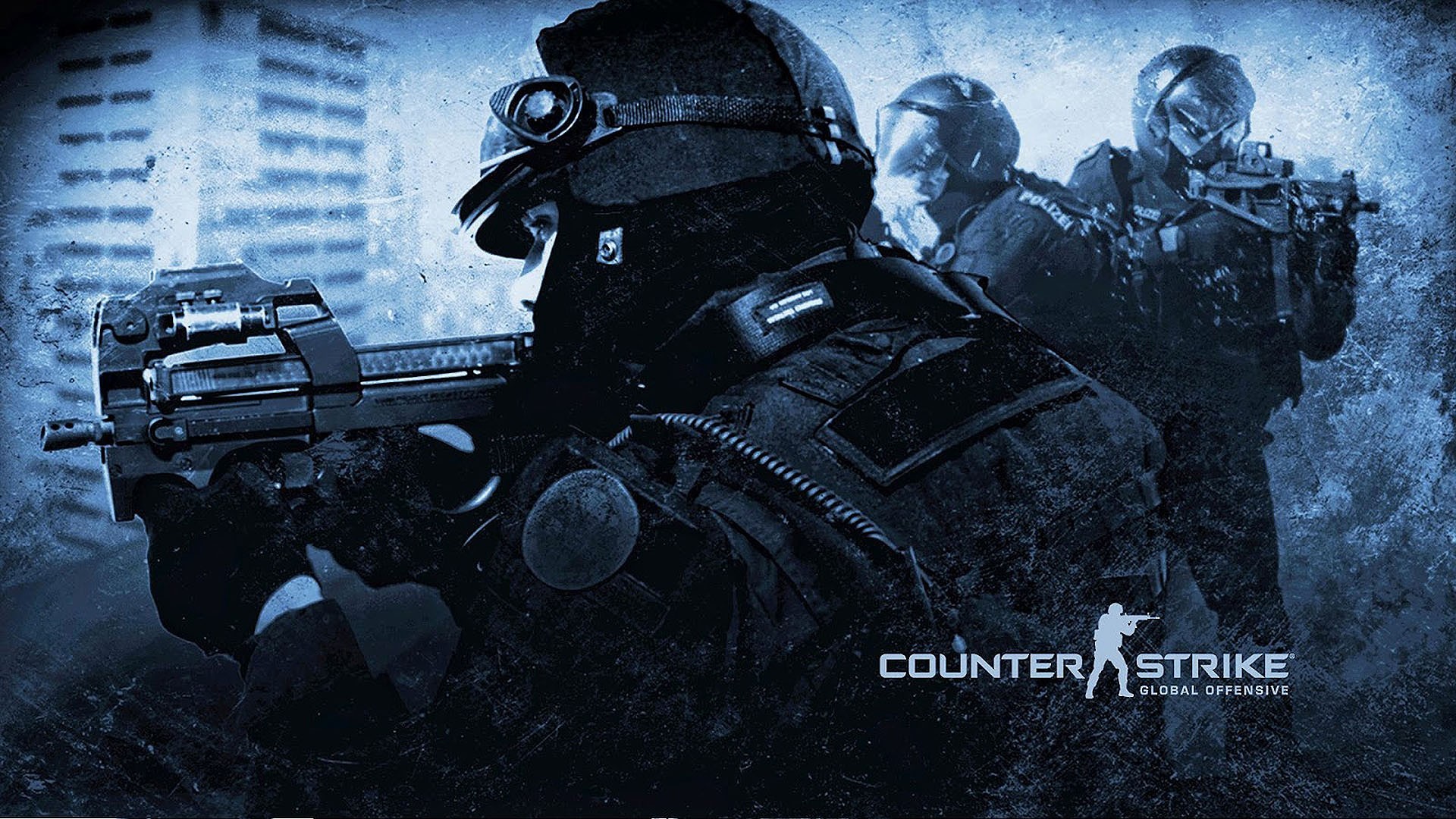
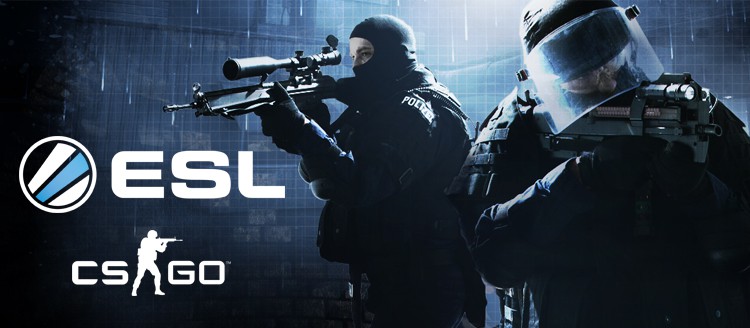
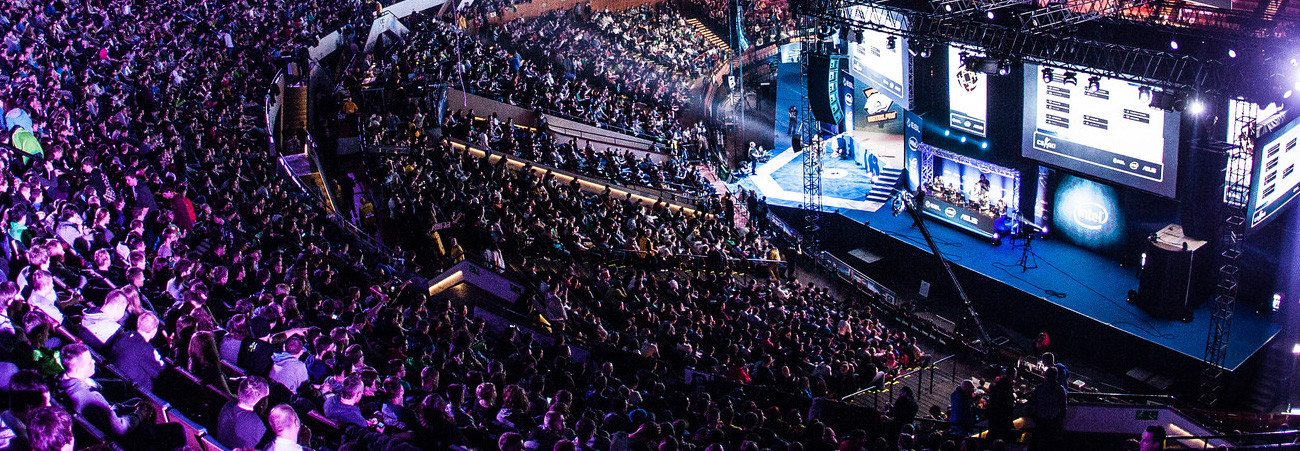




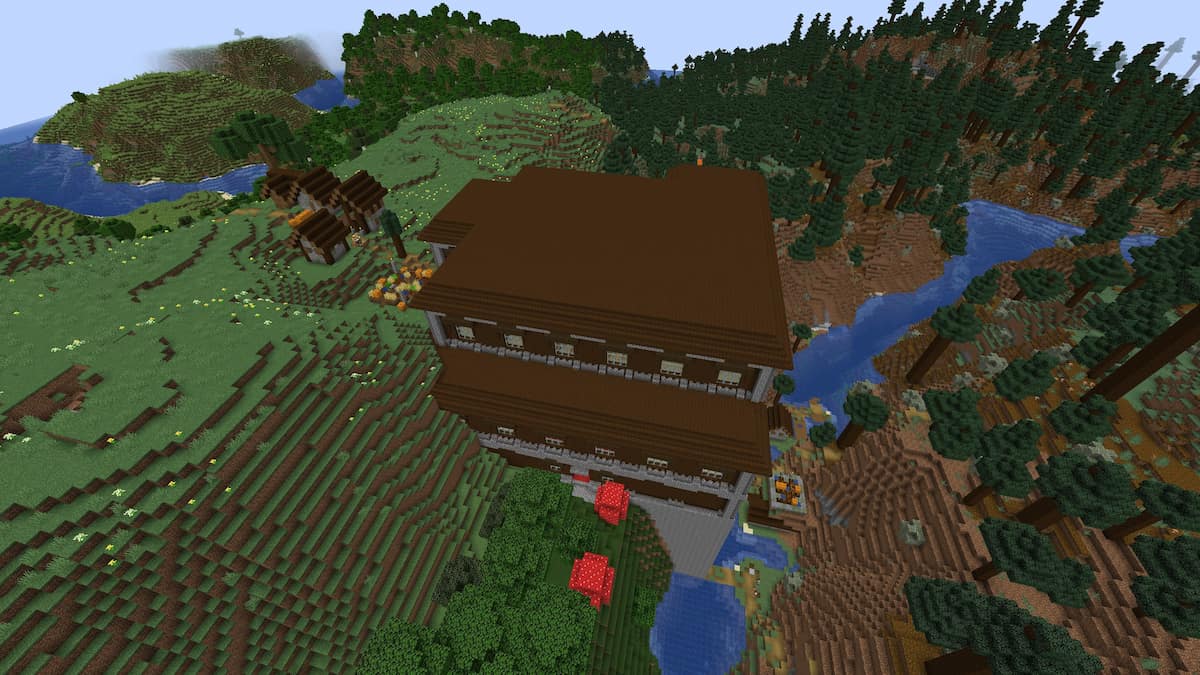


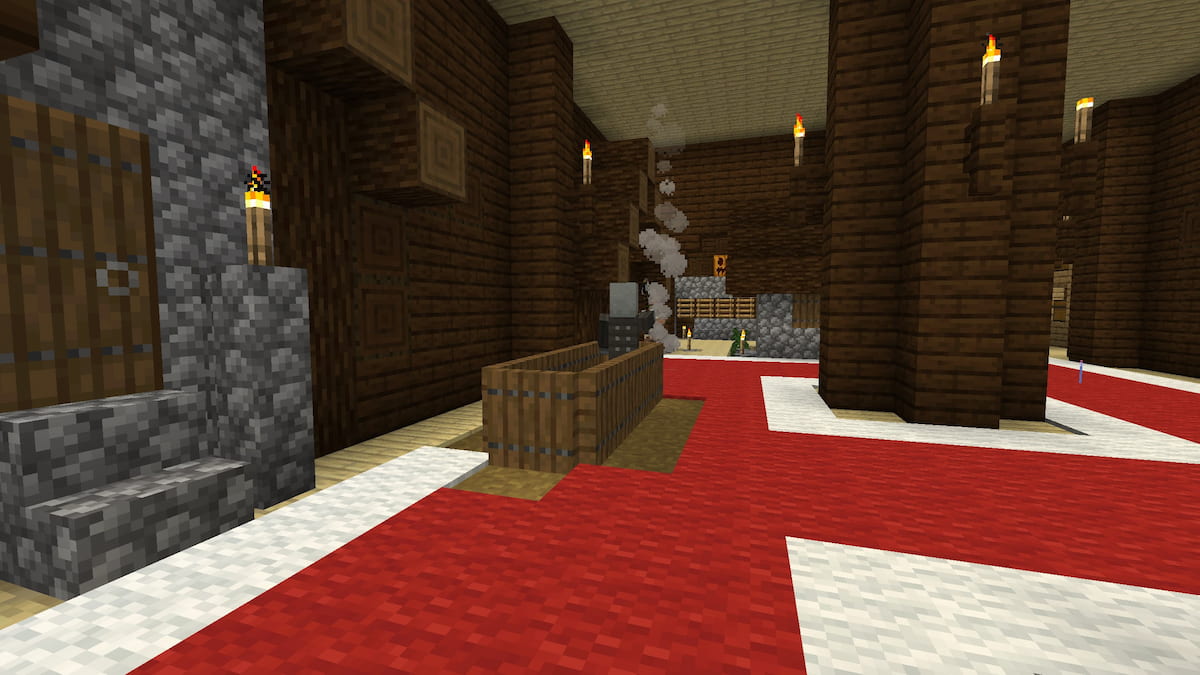
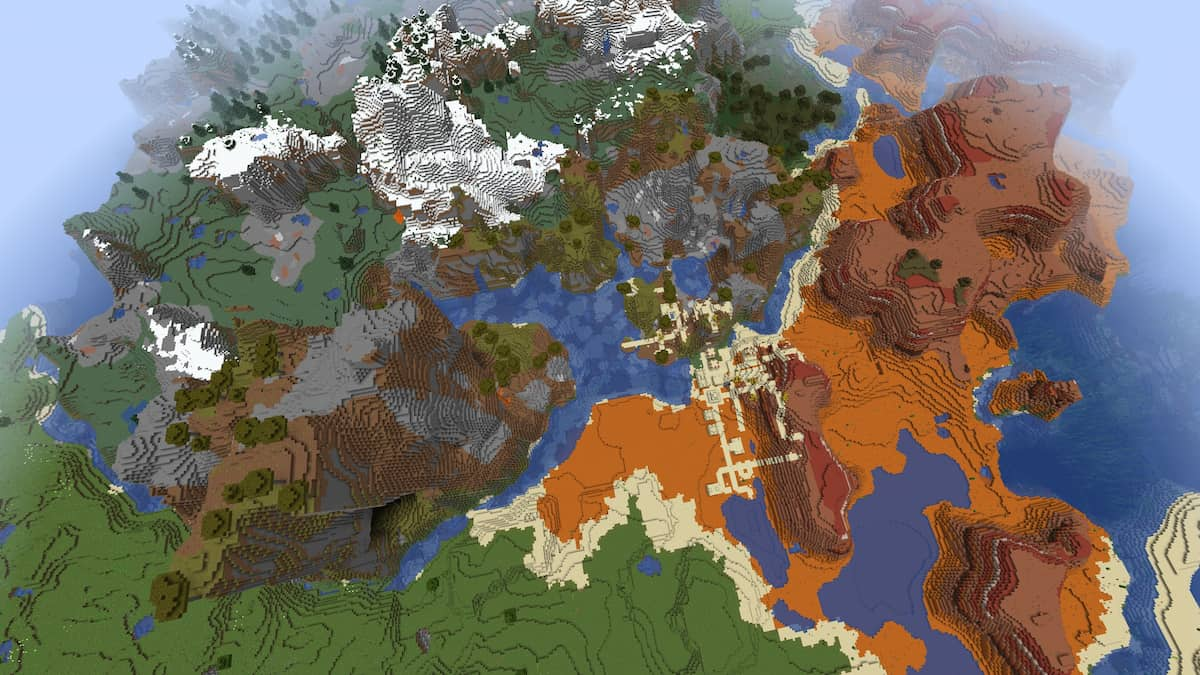
Published: Aug 7, 2017 07:40 am